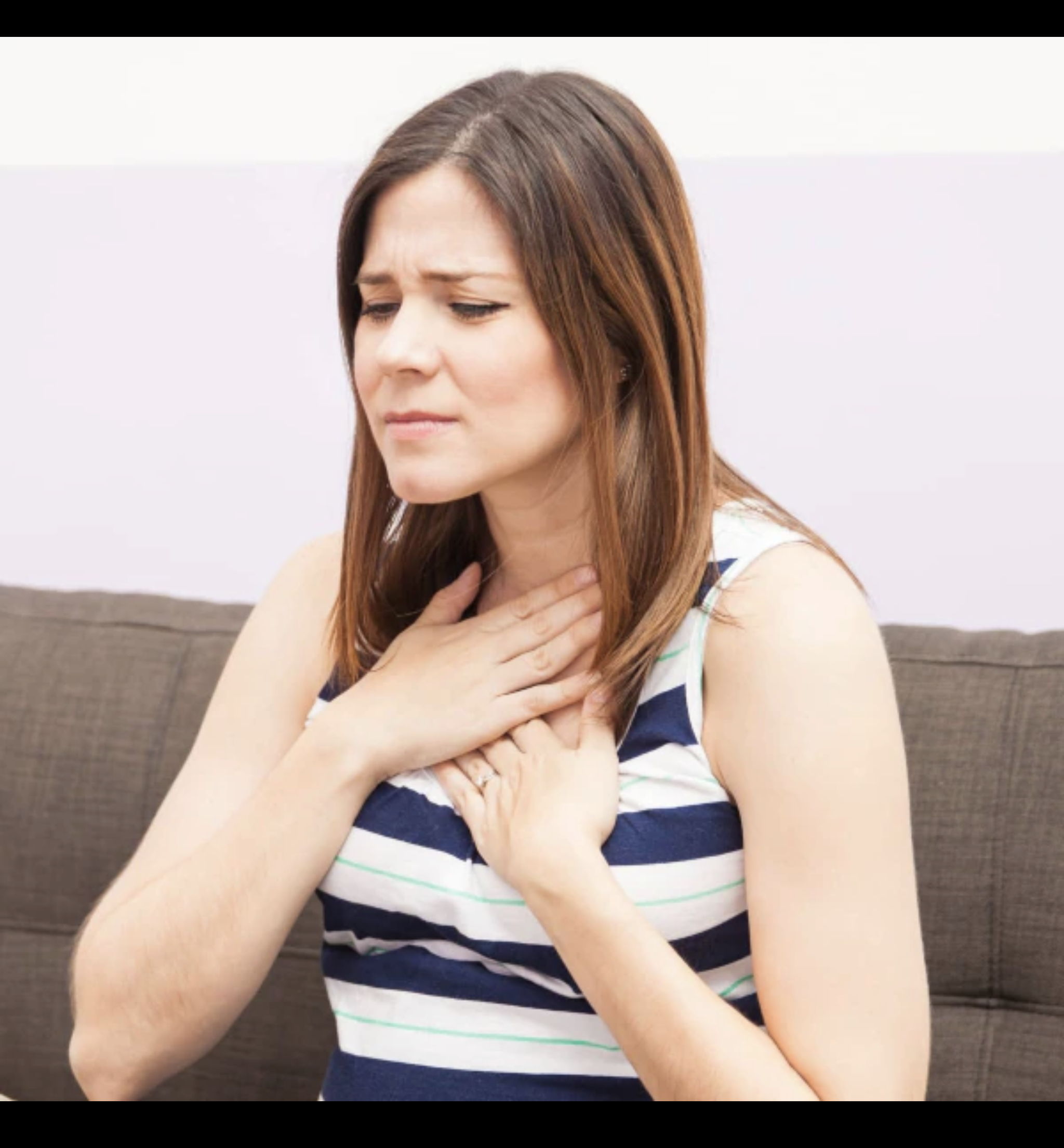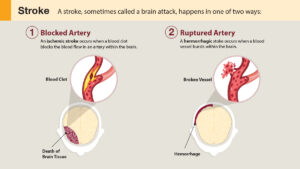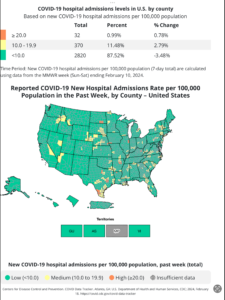Gastroesophageal reflux (GER) happens when your stomach contents come back up into your esophagus. Gastroesophageal reflux disease (GERD) is a more severe and long-lasting condition in which GER causes repeated symptoms or leads to complications over time.
Gastroesophageal reflux (GER) and gastroesophageal reflux disease (GERD) commonly cause symptoms such as heartburn and regurgitation. GERD may develop when your lower esophageal sphincter becomes weak or relaxes when it shouldn’t.
Your doctor diagnoses gastroesophageal reflux (GER) and gastroesophageal reflux disease (GERD) by reviewing your symptoms and medical history. If your symptoms don’t improve with lifestyle changes and medicines, you may need medical tests.
You may be able to manage symptoms of gastroesophageal reflux (GER) or gastroesophageal reflux disease (GERD) by making lifestyle changes or taking over-the-counter medicines. Doctors may recommend lifestyle changes, medicines, surgery, or a combination of these treatments.
To reduce gastroesophageal reflux disease (GERD) symptoms, your doctor may recommend weight loss if you are overweight or have obesity, eating meals 2 to 3 hours before you lie down, and avoiding foods and drinks that make your symptoms worse.
The National Institute of Diabetes and Digestive and Kidney Diseases (NIDDK) conducts and supports clinical trials in many diseases and conditions, including digestive diseases. The trials look to find new ways to prevent, detect, or treat disease and improve quality of life.
This content is provided as a service of the National Institute of Diabetes and Digestive and Kidney Diseases (NIDDK), part of the National Institutes of Health. The NIDDK translates and disseminates research findings to increase knowledge and understanding about health and disease among patients, health professionals, and the public. Content produced by the NIDDK is carefully reviewed by NIDDK scientists and other experts.
The NIDDK would like to thank:
Nicholas J. Shaheen, M.D., M.P.H., University of North Carolina School of Medicine
Original Article – https://www.niddk.nih.gov/health-information/digestive-diseases/acid-reflux-ger-gerd-adults





